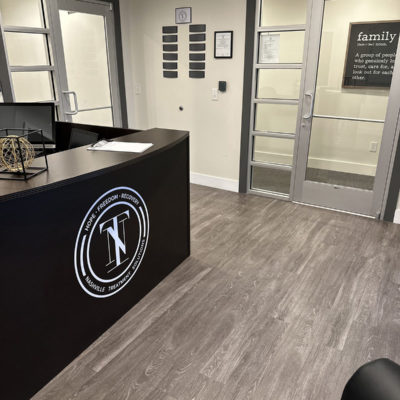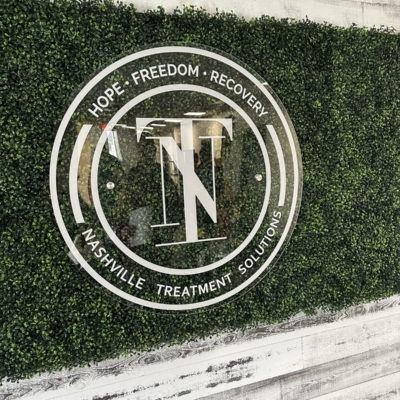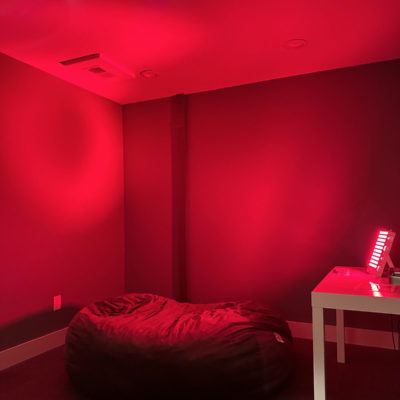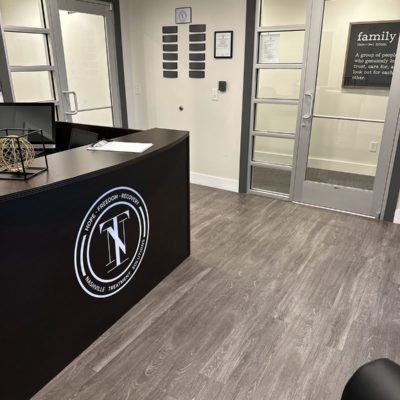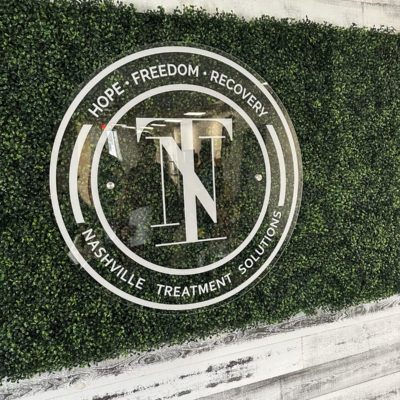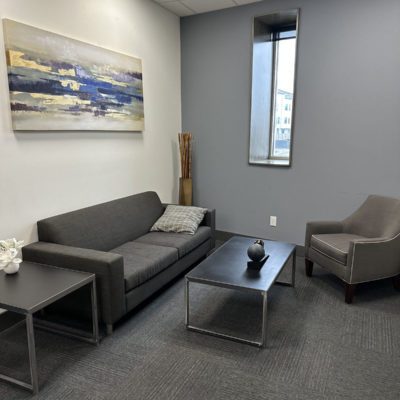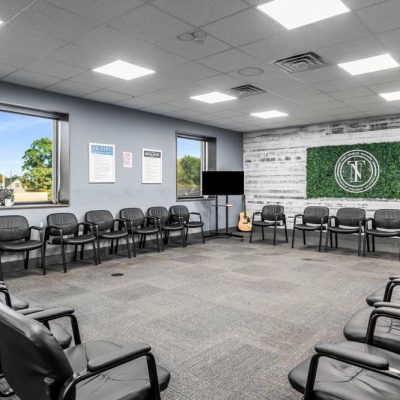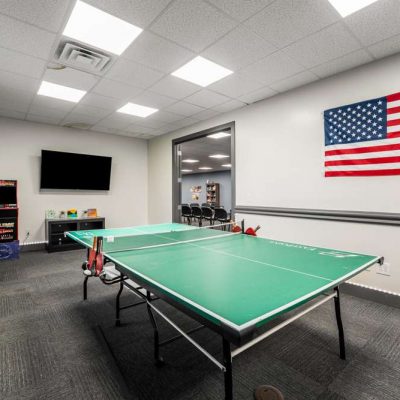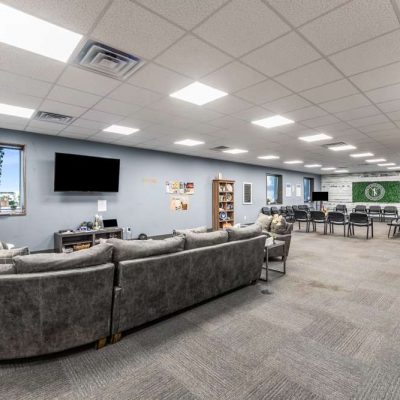Outpatient Bipolar Disorder Treatment in Nashville
Our outpatient bipolar disorder treatment centers offer outpatient options that allow people to live at home and attend sessions during the day. When someone has bipolar disorder, they often find it overwhelming. For others, just getting the right diagnosis can be a challenge. For this reason, Nashville Treatment Solutions makes sure we provide an accurate assessment for each person. From there, we can create a calendar of several types of focused therapy that help people take charge of their mental health.
You are not alone. You deserve to get help.
Nashville Treatment Solutions is an industry leader in addiction treatment. Our team of top medical experts specialize in dual diagnosis treatment and are committed to ensuring that each patient is treated as an individual. Call us today, we’re available 24/7.
What is Bipolar Disorder?
Bipolar disorder is a type of mood disorder that used to be known as manic depression. It causes a person’s moods to spiral out of control, ranging from low levels of depression to cycles of mania and hypomania. These cycles can happen every few weeks or months and leave the individual unable to control them. Bipolar disorder cannot be cured, but it can be effectively managed by attending bipolar disorder treatment centers.
A person can have one of several different kinds of bipolar disorder. Mental health experts at bipolar disorder treatment centers can determine which type a person has. The five types of bipolar disorder include:
WHAT TO EXPECT AT BIPOLAR DISORDER TREATMENT CENTERS
What is a Outpatient Bipolar Treatment in Nashville Like?
At Nashville Treatment Solutions, our team understands the intricacies of treating this challenging mental health disorder. They use a combination of several types of therapy that help people learn to understand their diagnosis and manage their symptoms. Cognitive-behavior therapy (CBT) proves especially helpful when used to help people with bipolar disorder. In addition, prescription medications can help them feel more in control and reduce their symptoms. Our medical director will determine which medications may help and monitors the person for the results.
Signs and Symptoms of Bipolar Disorder
Bipolar disorder is characterized by cycling episodes of mania and depression that can last hours, weeks, or months at a time. Some signs of bipolar disorder that manifest during manic and depressive episodes are:
- Little or no need for sleep
- Hyperactivity
- Difficulty in social or work settings
- Inflated self-esteem (feeling grandiose)
- Rapid speech or ideation
- Easily distracted
- Seeking and participating in high-risk activities
- Depression
- Feelings of worthlessness
- Cycling from insomnia to oversleeping
- Inability to think or focus
- Suicidal ideation
WHAT TO LOOK FOR WHEN IT COMES TO IDENTIFYING CAUSES OF BIPOLAR DISORDER
Figuring out what causes mental health disorders can be tricky. While a condition like depression or PTSD may have an obvious trigger, bipolar disorder can occur for a variety of reasons. Some people have a genetic history that predisposes them to develop bipolar disorder. Environmental reasons can also contribute to having it. For many, it is a combination of the two factors that causes them to become ill.
Common stressors that can factor into developing bipolar disorder as an adult include:
- Death of a loved one
- Divorce
- Losing a job
- Experiencing trauma
- Becoming a parent
When someone develops bipolar disorder as a child, the contributing factors can include:
- The onset of puberty
- Parents divorcing
- Being abused or neglected
- Sever academic pressure
- The death of a loved one
- Being bullied
The Correlation Between Bipolar Disorder and Addiction
Someone living with a mental health disorder endures a lot of confusion and frustration. The symptoms of mental illness can be quite uncomfortable emotionally and cause a person to feel they can’t live up to their potential. As a result, many people with a condition like bipolar disorder end up abusing drugs or alcohol in an attempt to self-medicate.
When this happens, they will require dual diagnosis treatment. This type of care treats both mental health disorders and substance use disorders simultaneously. As a person’s mental health improves, they are less likely to lean on alcohol or drugs. At the same time, learning to live a sober life can help reduce symptoms of bipolar disorder.
WHAT HAPPENS AT NASHVILLE TREATMENT SOLUTIONS
What to Expect at our Bipolar Disorder Treatment Center
Our staff of therapists, physicians, and nurses have experience treating bipolar disorder. They believe in using compassionate communication to create a safe space for people to heal. We provide a variety of types of therapy to help people understand their mental health and any co-occurring substance use disorders. Our therapy programs include:
We also provide access to FDA-approved medications that help people control their symptoms of bipolar disorder. If the person is also becoming sober, medications can help ease withdrawal symptoms.
After meeting each person, we design a schedule of different types of therapy that address each of their issues. This gives everyone a host of ways to learn about themselves and the power they have to improve their mental health.
TRAINED AND COMPASSIONATE PROFESSIONALS
Contact Our Outpatient Bipolar Disorder Treatment Centers in Nashville, Tennessee
Nashville Treatment Solutions created our outpatient bipolar disorder treatment in order to help people rise above the challenges of mental illness. We offer outpatient programs on different levels that meet the needs of a diverse population. Our compassionate staff of highly trained experts partners with each person in order to meet their exact needs. We also provide medications that make life easier and monitor each person to make sure they have the right kind.
For more information about how we can help you manage your bipolar disorder, learn more about our admissions process. Better mental health is just a phone call away.




